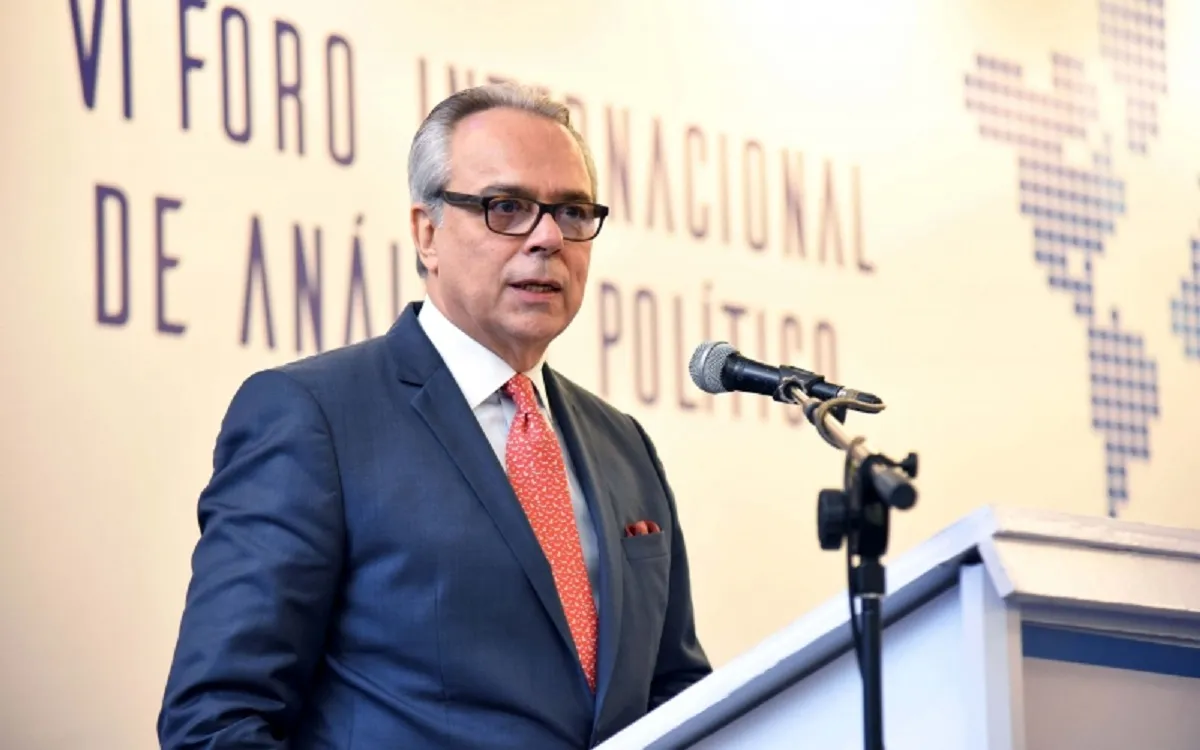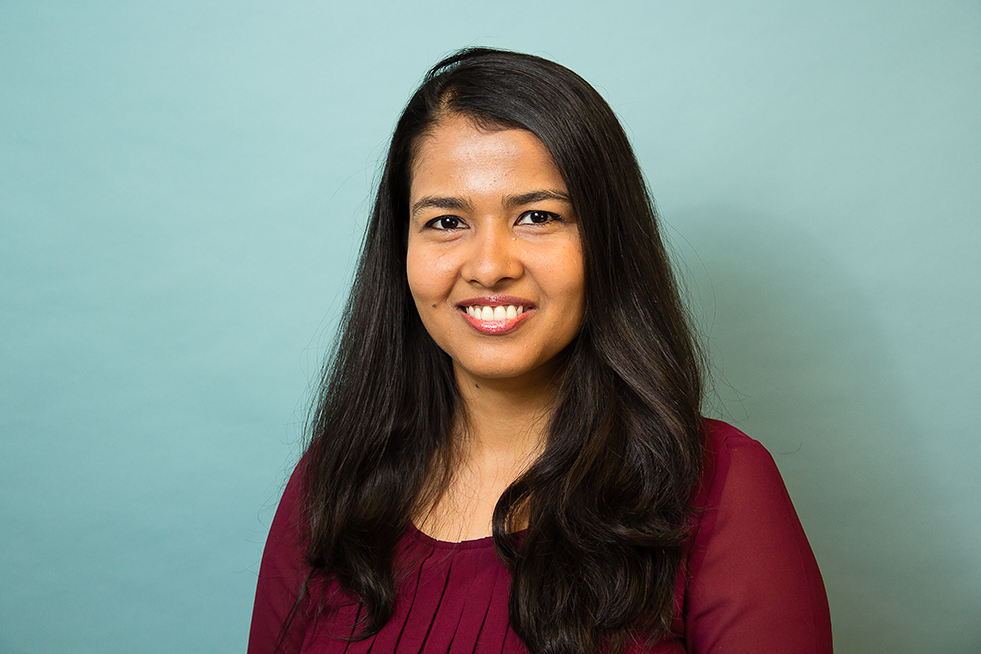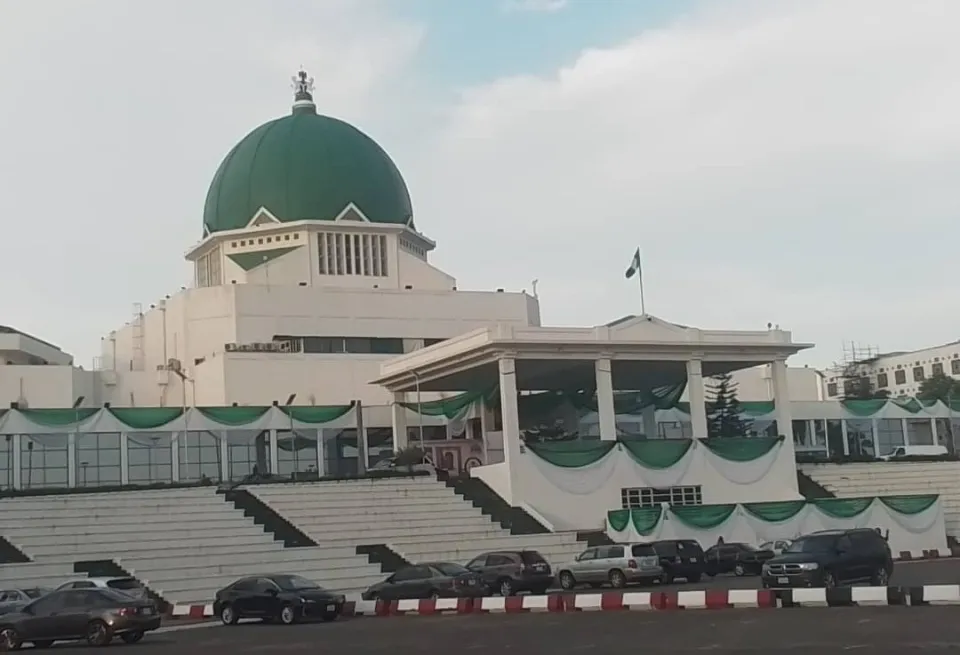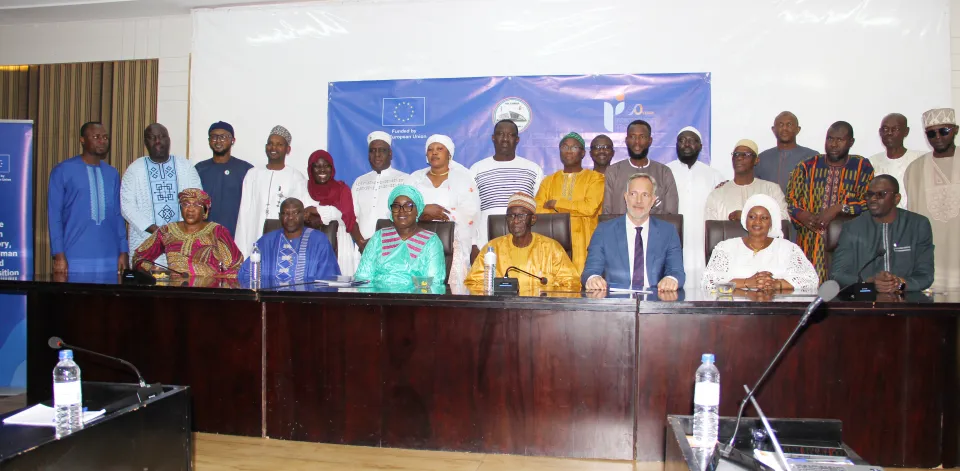VI International Forum of Political Analysis looks at risks and challenges of democracy in Latin America

The Regional Director for Latin America and the Caribbean of International IDEA, Daniel Zovatto, participated in the VI edition of the International Forum of Political Analysis (FIAP) organized by the Salvadoran Foundation for Economic and Social Development (FUSADES), an event that took place on 10-11 April 2018 in San Salvador, El Salvador.
Este artículo se encuentra disponible en Castellano.
During the 6th edition of FIAP, the members of the External Academic Council (CAE) of FUSADES discussed various issues related to the risks and challenges of democratic systems in Latin America, as well as the characteristics and main trends of the Latin American electoral super-cycle 2017-2019 and the 2018 electoral marathon. The Regional Director shared his reflections with other regional and international experts, including Jonathan Hartlyn, Professor and Dean of the Faculty of Social Sciences and Global Programs of the College of Arts and Sciences of the University of North Carolina; Miriam Kornblith, Director of Program for Latin America and the Caribbean of the National Endowment for Democracy; the Program Director for Latin America at the Woodrow Wilson International Center for Scholars, Cynthia Arnson; Senior researcher at Nuffield College, Oxford University, Lawrence Whitehead; David Holiday of the Open Society Foundations; Manuel Alcantara of the University of Salamanca; Kevin Casas of the Inter-American Dialogue, and Jorge Castañeda of the New York University.
During his inaugural lecture, Zovatto analyzed the characteristics and trends of the Latin American super electoral cycle and the 2018 electoral marathon. According to the expert, 2018 is projected as a mediocre economic year, intense in the political-electoral arena and complex in the social arena, characterized by numerous corruption scandals and an intense and decisive electoral marathon.
In relation to the electoral agenda, Zovatto said that Latin America will experience an intense electoral rally in 2018 with six presidential elections, which are part of the Latin American electoral super-cycle, characterized by the celebration of 15 presidential elections between 2017 and the end of 2019. Four of them already took place: Ecuador (at the beginning of 2017), Chile and Honduras (at the end of 2017) and Costa Rica (at the beginning of 2018). The Paraguayans will go to the polls on 22 April. Then it will be the turn of Venezuela (May 20), followed by the presidential elections of Colombia (May 27); Mexico (July 1), and finally Brazil (October 7). Thus, in just six months, the first (Brazil), second (Mexico) and fourth economy (Colombia) of the region will renew their leaders; simultaneity, a scenario that occurs only once every 12 years. To this we must add—expressed Zovatto—the elections of the deputies of the new Cuban National Assembly (held last March) who will elect (on April 19) the successor of Raul Castro as the next President of the Council of State of Cuba, and mid-term elections in the United States (in November), a true plebiscite to evaluate the first two years of Donald Trump and his political future. For the Regional Director, the results of this intense electoral marathon will be decisive in defining the characteristics, trends and intensity of the political change that Latin America will experience in the coming years.
During his second intervention, Zovatto analyzed the state of democracy at global and regional level. During his presentation, he cited International IDEA's recent report on the Global State of Democracy, noting that while democracy has shown an important level of resilience to cope with various risks and survive, it is currently "going through a crossroads." In this sense, using data from the aforementioned report, during the period from 1975 to 2016, there was a very important advance in democracy, both globally and regionally in Latin America. However, he warned, since 2006/2008, democracy went into recession, a situation that became more complex during the last two years, determining that currently "50% of the countries of the world live in democracy—full or imperfect; 35% of the countries live in authoritarian regimes and 15% of the countries live in hybrid regimes" (according to data from the Democracy Index of the Intelligence Unit of The Economist).
Throughout his presentation, the Regional Director of International IDEA, using data from various studies and recent reports on the quality of democracy (Democracy Index of the Economic Intelligence Unit, Bertelsmann Transformation Index, Freedom House), as well as reports on the political culture of the region (LAPOP and Latinobarómetro) expressed that, in his opinion, the quality of democracy in Latin America has suffered a marked deterioration during the last few years, especially in Honduras (as a result of the irregular elections last November), Nicaragua (gradual consolidation of the authoritarian system of Daniel Ortega) and, above all, in Venezuela, a country that is going through a deep and very serious political, social, economic and humanitarian crisis.
Zovatto, citing data from the Democracy Index of 2017, pointed out that only one country, Uruguay, is considered a "full democracy". The majority of the countries in the region (a total of eleven) belong to the group of "flawed democracies". Four countries are considered as hybrid regimes: Guatemala, Honduras, Nicaragua, and Bolivia. And two are described as authoritarian: Venezuela (which in 2018 fell into this category) and Cuba. During his presentation, Dr Zovatto highlighted that, on a positive note, this year, the region is celebrating forty years of the beginning of the third wave of democracy in the region, and that in the vast majority of countries the electoral dimension of democracy (legitimacy of origin) is the rule. He also highlighted the important social progress achieved in many Latin American countries during the last decades. But he immediately warned of the complex situation that many of the countries of the region are going through, including mediocre economic growth, subsistence of high levels of poverty and inequality, high levels of corruption and citizen insecurity (with only 8 per cent of the world population we have 38 per cent of the global youth), weakness of political institutions and the rule of law, and fall (for the fourth consecutive year) of support for democracy, all of which he said , increases the levels of social conflict and makes governance more complex.
Faced with this reality, Zovatto recommended strengthening the quality of democracy but also improving the quality of political leadership and governance. For Zovatto, political elites should listen better to their citizens. It is necessary, he said, to restore public confidence, to face the crisis of representation and to give an effective response to the new demands of the middle class. We must also redesign the institutions, modernize the State and improve the quality of public policies. It is impossible to govern complex societies of the 21st century (impacted by the accelerated and disruptive changes of the 4th industrial revolution) with institutions designed in the 19th century and paradigms of the 20th century.




